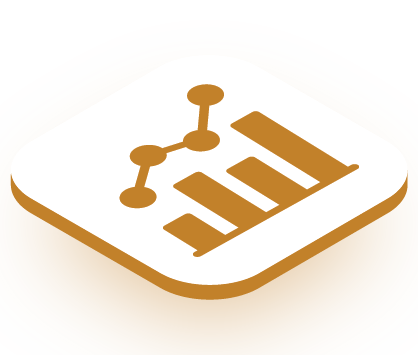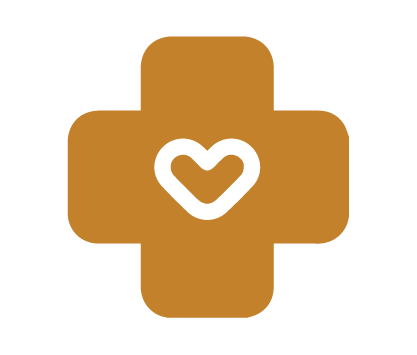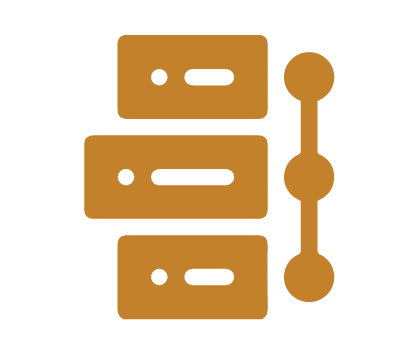Empowering pharmaceutical and life sciences enterprises with platform-driven advanced analytics approach to real world evidence

Need for Real-World in Healthcare
Expanding ecosystem of health-related data has led to opening of greater opportunities for the healthcare industry to get the right treatment to the right patient. There is growing emphasis on generating and using Real World Data (RWD) to evaluate continued safety and effectiveness of products.
Key Challenges
- Conceptualizing an engaging RWE strategy integrating multiple stakeholder interests
- Availability of the right cross-functional skill-sets for effective solutions implementation
- Solutions with consistent standards for data management and interpretation
- Systems that ensure inter-operability and compatibility across datasets
- Compliance with regulatory and ethical requirements such as data privacy and data security
- Managing the ever-increasing volume of complex data
How Do We Help?
01
Highlighting product differentiation that adds depth to product value proposition at launch and beyond
02
Enabling seamless translation of efficacy to effectiveness and reduce evidence uncertainty
03
Easily identifying patient subgroups that will benefit most from an intervention
04
Understanding unmet patient needs to guide and optimize drug development programs
05
Generating value-based evidence to characterize drug efficacy and healthcare resource utilization to support payer coverage and patient reimbursements
Actu-Real RWE Service Offerings

Defining RWE Strategy
- Clinical development programs
- Target Product Profile
- Commercialization plans across geographies
- Comparative Effectiveness

Generation of RWD
- Retrospective and prospective
- Patient registries, chart reviews, surveys, disease background reviews
- Burden of illness studies
- Studies to help devise strategies to improve adherence, and establish safety profile

RWD Analytics & Evidence Synthesis
- Systematic reviews
- Meta-analyses, network meta-analyses
- Indirect treatment comparisons, propensity score matching
- Predictive modeling
- Longitudinal clinical and claims data analysis
The Actu-Real Advantage

Pragmatic and fit-for-purpose solutions combined with cross-functional expertise across clinical development, real world evidence, health economics, data sciences and actuarial science

Premium clinical trial support along with best-in-class statistical expertise for efficient clinical trial design

HERCULE™ - a modular platform with pre-configured statistical models that can be readily deployed to ingest, analyze and visualize real world data

In-depth experience that spans across the pre-launch and post-launch continuum

Innovative solutions in areas of value-based healthcare and risk-sharing agreements that help manufacturers and payers understand market performance before launch

An all-encompassing solution that covers both platform and services using a highly efficient global delivery model
FAQs
FDA defines RWE as the clinical evidence regarding the usage and potential benefits or risks of a medical product derived from analysis of real-world data (RWD). RWD are the data relating to patient health status and/or the delivery of health care routinely collected from a variety of sources.
While clinical trial data provides the basis for drug approval, it doesn’t cover all aspects from the real world due to its homogenous patient groups defined by inclusion/exclusion criteria and its fixed setting as per the study protocol. RWE helps bridge the gap between research and everyday practice in healthcare. It serves the following uses:
- Helps manufacturers and regulatory authorities monitor post-marketing safety and adverse events and to make regulatory decisions.
- The healthcare community is using these data to support coverage decisions and to develop guidelines and decision support tools for use in clinical practice.
- Medical product developers are using evidence generated from observational studies to develop new treatment approaches and identify patient subgroups that will benefit more from the product.
- RWD is also used to design clinical trials, in aspects such as defining eligibility criteria and identifying patients for recruitment. RWD is being increasingly used to create synthetic control arms (SCA) when controlled clinical trials are not feasible.
EMR is not designed to be shared outside the individual practice and is mainly used by providers for diagnosis and treatment. On the other hand, EHR allows patient data to move with them and can be shared between providers, labs, etc and can be used as a tool by providers to make decisions since it holds real time information.
Find Us on Social Platforms